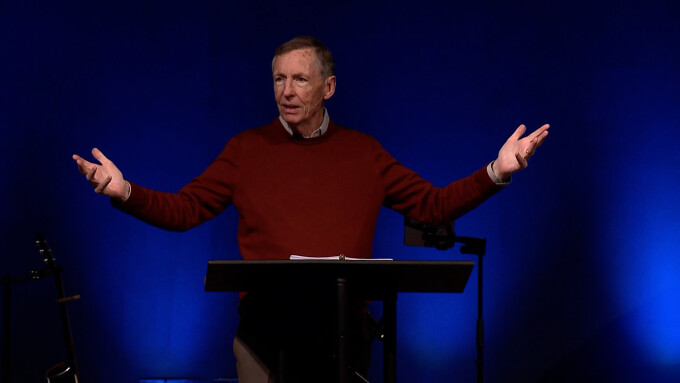Pastoral Transition Blog
Filter By:
The Challenge in Finding a New Pastor
November 3, 2022
Frankly Speaking Email
We talked in the last blog (10/28/22) about the challenge of finding a new pastor who not only matches us theologically, but culturally and philosophically. Another factor that ranks near the top of the factors affecting our search has to with the size of the church.(1. Combination of Philosophy of Ministry and Theology)2. Experience in leading a large churchI am not sure if people realize how different the dynamics are between a small (200 and under), mid-size (400-800) and a large (800 on up) church. The complexities of leadership, structure, communication and congregational dynamics compound geometrically as a church grows. This is not to say that one size is better than another. Each size church has its own benefits and its own limitations. What is telling, however, is that 90% of churches are 200 people or less. That is because 200 people is about the most that a mature, experienced pastor can lead all by himself. Once the church breaks through that “barrier,” the style of leadership and the very structure of the church changes dramatically. Many books have been written on the topic, but one of the startling things you discover is that our church (which before Covid was around a 1000-1200 size church) - while not a particularly huge, let alone “mega” church - has more in common with those churches than it does with churches only a few hundred people smaller. That is because of the organizational dynamics involved with the larger church.In addition to that, consider the fact that HVC, however modest its size, is still larger than over 90% of the churches in the PCA and you see how much it narrows down the list of prospects for our search.Could not someone who has worked in a smaller setting “grow into” the larger role? Yes, possibly, but not necessarily; it certainly increases the risk factor considerably. I spent most of my ministry in smaller churches, largely because of my interest in church planting and new church development. In the case of HVC, I grew along with the church over a period of time, and it was very challenging on a lot of levels.Another facet of this problem is that people who are leading large churches are not necessarily the hungriest people to leave their current situation. Which means they need to be …3. A visionary leaderIn a sense, all leaders are visionaries, because the very definition of leadership is to see a preferred future and influence people toward it. On the other hand, some leaders are more visionary or entrepreneurial than others. They are not maintenance leaders, but expansion leaders, innovative leaders, creative leaders. They are not daunted by a challenge; they are excited by it and drawn to the possibilities and opportunities that they see. Some ministers have turned us down because they did not feel up to the challenge of the larger church, a building program, a multi-site set-up, etc. There should be no reproach in that. It is good that they understand their own capacity (see Romans 12:3). They are right to recognize that this would not be the place to which God is calling them.One reason this is so important is because of what I would term the “redemptive potential” of HVC. Like people, churches have different giftings and different capacities (cf. the Parable of the Talents in Matthew 25 where each steward was given a different amount of money to use for the master). With those capacities go different responsibilities and accountabilities. To whom much is given, much is required.Ask yourself: How much has HVC been given? We have the resources and talent to do things that other churches could not, and we would be less than faithful if we did not seek to maximize those resources for the sake of God’s Kingdom and mission. To do that, however, we need a leader with the ability to discern that potential and the drive and ability to help the church fulfill it. Which means he will also need to be …4. An effective communicatorThe larger the church, the more important effective preaching becomes. Consultant and author Don Cousins compares preaching to pitching in baseball. You cannot win a game with just pitching, but it is very hard to win without good pitching. In the same way, preaching alone will not produce healthy disciples, but creating health disciples takes place much better with effective preaching. That is why Cousins says pitching – and preaching – are 80% of the ballgame.This is not to argue for a particular style of preaching. One of the keys to good preaching is, like any artist, to discover one’s own “voice.” In other words, Paul does not sound like Peter who does not sound like John or Ezekiel or Jeremiah. Good preaching does not even need to be theatrical or dynamic in the way our culture defines it. It must, however, be “anointed.” People must hear God in between the lines of the message.It is hard to know exactly what this should look like, but I believe we will know it when we see it. Or, should I say, hear it.More to come …Frank

